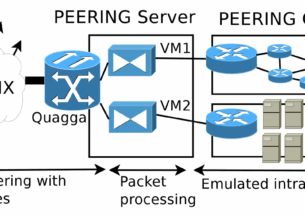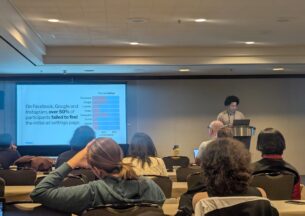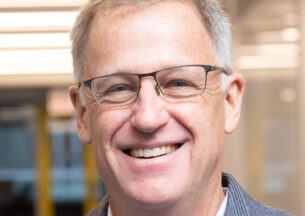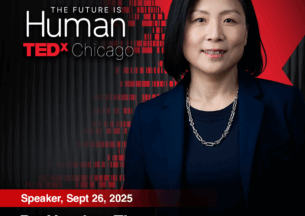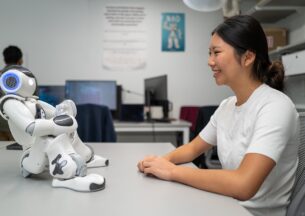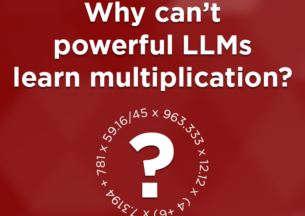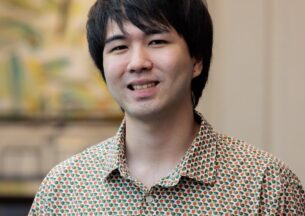University of Chicago’s EPiQC Wins Prestigious IEEE Synergy Award for Quantum Computing Collaboration
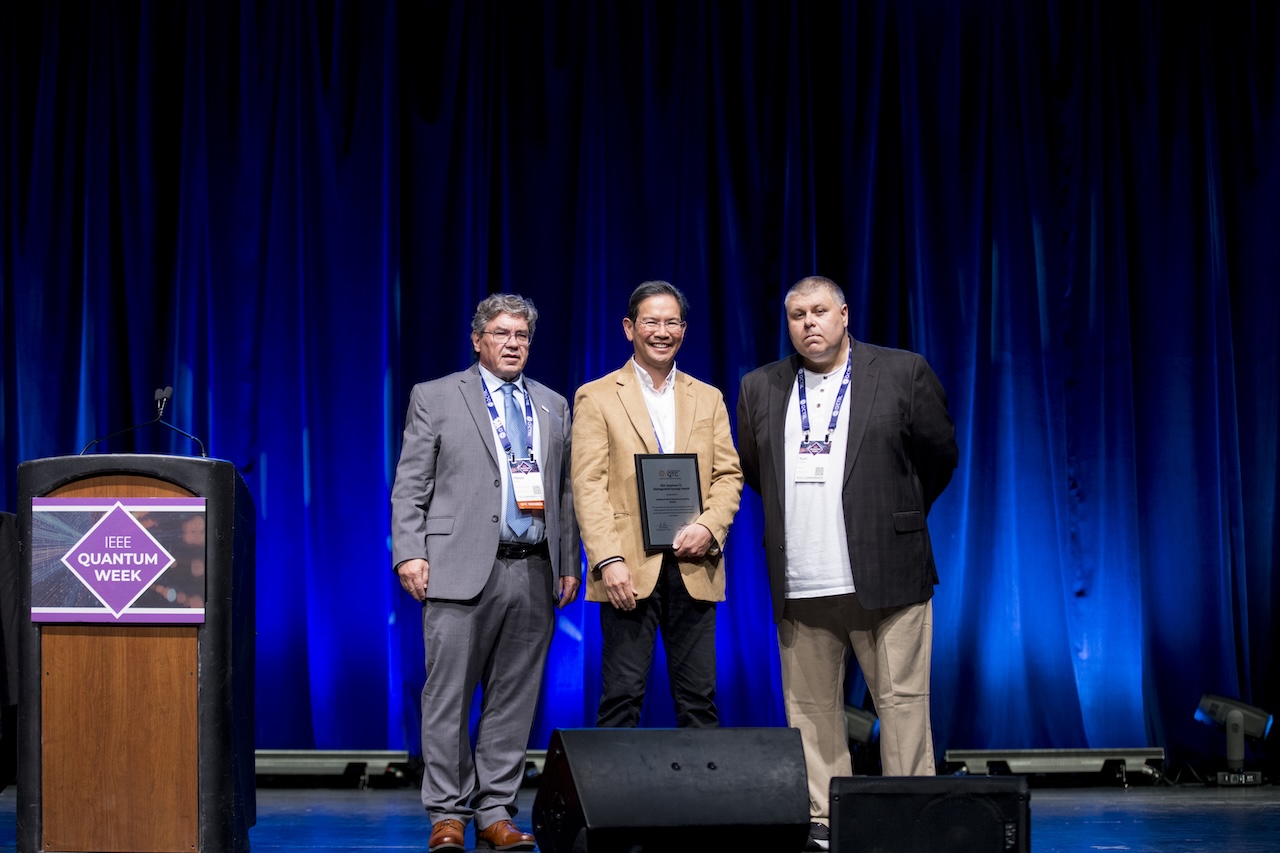
The IEEE Quantum Technical Community (QTC) has recognized the Enabling Practical-scale Quantum Computation (EPiQC) project with the Distinguished Synergy Award. They were given the citation, “For pioneering cross-layer quantum computing innovations and building a globally influential academic-industry-government network that accelerates the path to practical, scalable quantum technologies.” The award highlights EPiQC’s impact in creating a physics-aware approach to quantum software and its leadership in training the next generation of quantum computing researchers.
Established as an NSF Expedition in Computing, EPiQC’s mission was to dramatically increase the efficiency of practical applications on physical quantum machines. Led by Fred Chong, Seymour Goodman Professor of Computer Science at the University of Chicago Department of Computer Science, EPiQC took a physics-aware approach to software through a partnership between academia, industry and government to address one of the field’s central challenges: bridging the gap between rapidly evolving hardware and the software needed to make quantum computing practical. By focusing on reducing the “space-time product”—the number of qubits multiplied by the number of gates—and improving fidelity, EPiQC researchers aimed to accelerate progress by the equivalent of 10 to 20 years of hardware development.
One example of this is the founding of Super.tech, a startup dedicated to quantum software. Super.tech’s compiler platform, Super.staq, continues to provide cross-platform programming and optimization capabilities, and was later acquired by Infleqtion. In collaboration with Super.tech, researchers developed Supermarq, one of the first principled, metrics-driven quantum benchmark suites. Highly cited and widely adopted, Supermarq received a Best Paper Award at the IEEE International Symposium on High Performance Computer Architecture.
To achieve this, EPiQC invests a lot in their graduate students and postdocs, who were trained through a combination of academic, industry, and government lab experiences to integrate EPiQC optimization techniques into Super.tech, IBM, Intel, Amazon, Google, Quantinuum, ORNL, and LBL software stacks. Many of these students are now in prestigious positions in academia and industry, such as Yale, UT Austin, Michigan, Northwestern, IBM, Google, and Intel.
Beyond their work in research and training, EPiQC also has major goals in developing a new discipline and workforce for quantum computer systems engineering. They have made significant progress in realizing algorithmic and application-level optimizations, integrating cross-layer optimization approaches into their software toolchain, and developing heuristic and formal methods for program and compiler verification. They have explored optimizations at all levels of the quantum computing stack, from algorithms, programming languages, compilers, circuit optimization, to physical device control and measurement. All of this is translated into curricular materials, research infrastructure, and outreach activities in order to build and sustain a pipeline of diverse researchers in this area. EPiQC PI and Associate Professor at UChicago, Diana Franklin is co-leading the Q12 partnership, which leads K-12 quantum education for the White House Office of Science and Technology Policy to promote quantum literacy nationwide. The team has published over 150 papers (including 13 best paper awards), developed widely used tutorials and curricula, filed 12 patents, and co-authored a textbook in the Morgan & Claypool Synthesis Lecture series.
The IEEE QTC Distinguished Synergy Award recognizes programs that serve as exemplars of effective collaboration across sectors. For Chong, the recognition affirms not only the past decade of work but also the model for how the quantum computing community can progress.
To learn more about EPiQC, visit the website here.



